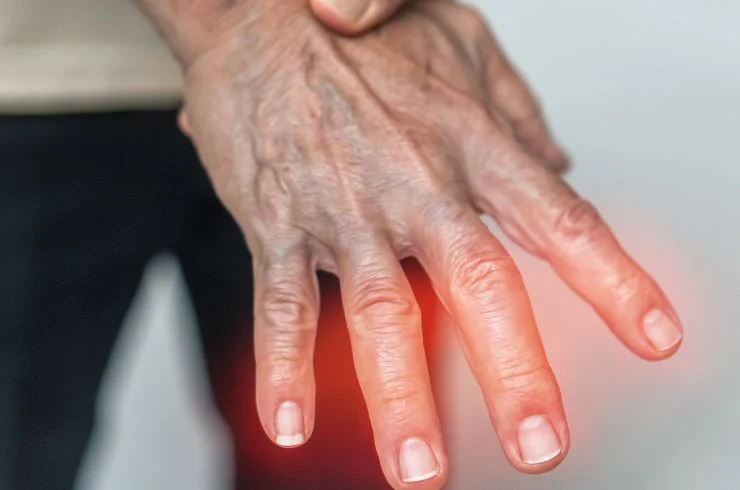
Peripheral neuropathy and muscle disorders can cause persistent pain, weakness, and difficulty performing everyday activities. At NEUMED Clinics, we specialize in diagnosing and treating these conditions, helping you regain control of your life with advanced care and personalized treatment plans.
What Is Peripheral Neuropathy?
Peripheral neuropathy occurs when the peripheral nerves, which connect the brain and spinal cord to the rest of the body, are damaged. This condition affects sensation, movement, and organ function.
Common Symptoms
Common Causes
What Are Muscle Disorders?
Muscle disorders refer to a wide range of conditions that impair muscle strength, function, or growth. These may include muscular dystrophy, myositis, or muscle spasms due to overuse or nerve dysfunction.
Symptoms of Muscle Disorders
Advanced Diagnosis
At NEUMED Clinics, we use state-of-the-art diagnostic techniques to identify the underlying cause of your symptoms:
Personalized Treatment Options
Our comprehensive approach addresses the root cause of peripheral neuropathy and muscle disorders, focusing on relieving symptoms and improving your quality of life.
Non-Surgical Treatments
Medications
Physiotherapy
Lifestyle Modifications
Advanced Therapies